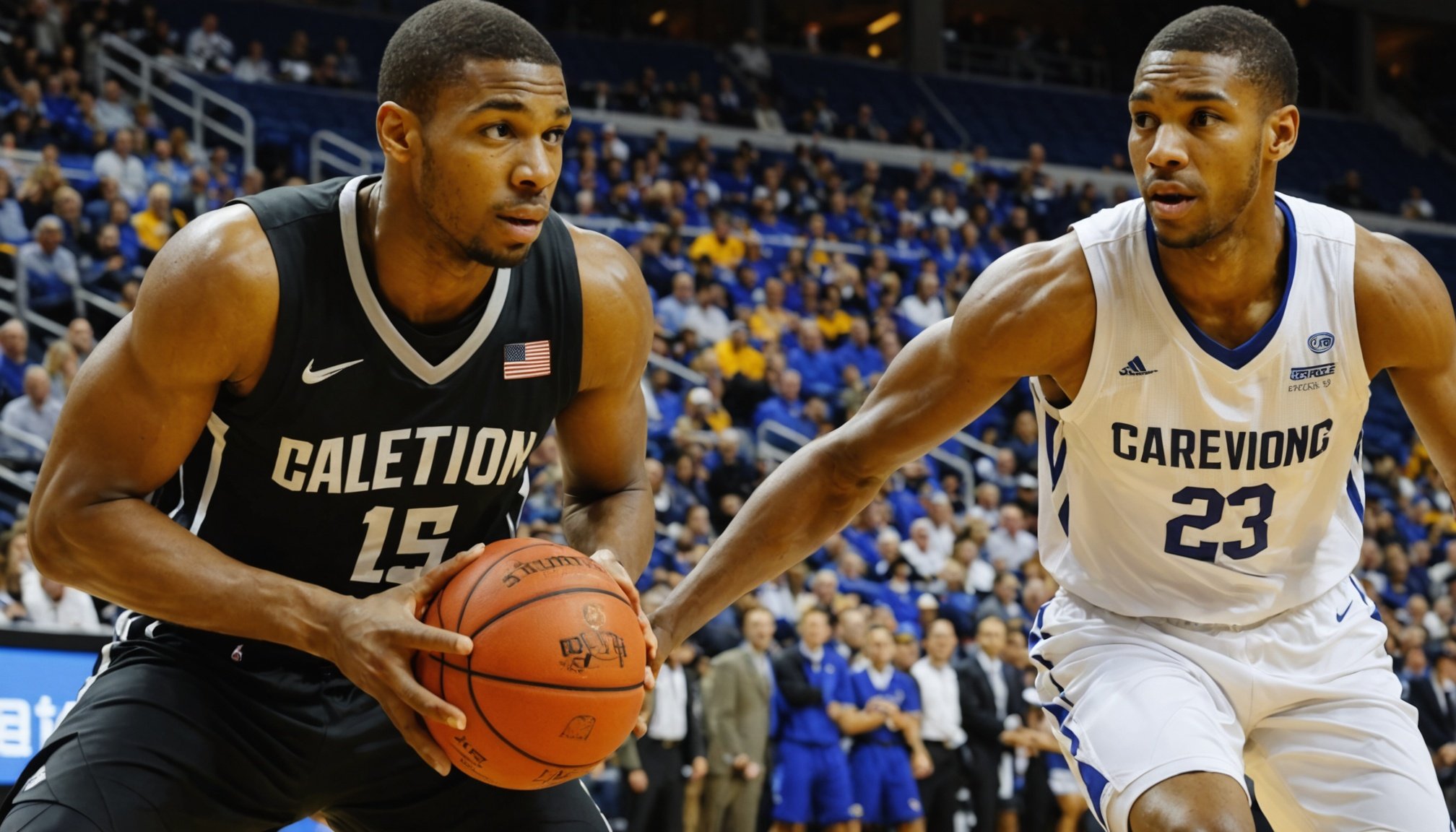In the world of sports, the journey from college basketball to the professional ranks demands not only talent but also a strategic approach. As young athletes, you are standing at the threshold of an exciting yet challenging career transition. This period requires careful planning, dedication, and resilience to successfully navigate this significant leap. This article will delve into the key components that facilitate a smooth transition from college basketball to the professional stage, whether it be in the NBA or other professional leagues.
Understanding the Differences Between College and Professional Basketball
Basketball at the college level is vastly different from the professional scene. While both levels share the love for the game, the differences in style, pace, and expectations are stark. As college players, you may be used to a structured environment with your coaches guiding you through each step, while professional basketball places a greater emphasis on individual responsibility.
This might interest you : Top Defensive Drills Every UK Basketball Team Should Master for Success
Adapting to Professional Demands: Professional basketball is more than just about playing the game; it’s about meeting the demands of a highly competitive environment where every player’s skills are tested to their limits. You will face higher levels of athleticism and a more intense schedule, which requires peak physical condition and consistent performance.
Role Adjustment: In college, you might have been the star player, but in the professional world, roles can change drastically. You need to be prepared to adjust your role within the team dynamic, focusing on how you can contribute to the team’s success in any capacity.
Also to discover : Top Plyometric Workouts to Boost Explosive Power for Basketball Centers in the UK
Work-Life Balance: Unlike college, where your schedule is a blend of academics and sports, professional basketball requires a new approach to managing work-life balance. Understanding how to manage your time effectively is crucial for maintaining your mental well-being and performance on the court.
Building Relationships with Coaches and Team Members
The transition from college to professional basketball is not just about refining your athletic prowess; it’s about cultivating relationships within your new environment. The importance of building strong connections with your coaches and team members cannot be overstated.
Effective Communication: Developing open lines of communication with your coaches and teammates is vital. This transparency can help you understand your role better and receive crucial feedback for improvement.
Mentorship and Support: Seek out mentorship opportunities within your team. Veteran players and coaches can offer invaluable insights and guidance that can help you navigate the complexities of professional sports. Establishing a support network will provide a sense of belonging and security.
Team Chemistry: Focus on fostering a positive team culture. Your ability to integrate and collaborate with others can significantly impact team performance and your own career growth. Remember, professional basketball is as much about teamwork as it is about individual skill.
Developing a Strong Mental Framework
Transitioning to professional basketball requires more than physical prowess; a robust mental framework is essential for enduring the pressures of the sport. As future professional athletes, cultivating the right mindset is pivotal.
Resilience and Adaptability: Prepare to face setbacks and challenges head-on. Building resilience will enable you to bounce back from losses or injuries and adapt to the fast-paced changes of professional sports.
Mindfulness and Focus: Incorporate mindfulness practices into your routine to enhance focus and reduce stress. Techniques such as meditation can improve your concentration during games and help maintain emotional balance.
Goal Setting and Motivation: Set clear, achievable goals for your professional career. Having a defined roadmap will keep you motivated and provide direction amidst the demands and distractions of professional life.
Planning Your Career Beyond the Court
While basketball may be your passion, planning for a career beyond the court is crucial. Preparing for life after basketball ensures a smooth transition when the time comes to hang up your sneakers.
Education and Skill Development: Consider pursuing further education or developing skills in areas of interest. This will provide you with opportunities beyond the basketball court and prevent the abrupt void that can occur post-retirement.
Networking and Connections: Leverage your position as a professional athlete to build a robust network. Connections made during your career can open doors to new opportunities, whether in coaching, sports management, or business ventures.
Financial Planning: Work with financial advisors to ensure smart financial planning throughout your career. Managing your income wisely will provide security and the flexibility to pursue other passions or ventures in the future.
The transition from college basketball to the professional level is a multifaceted journey that goes beyond athletic abilities. It involves adjusting to new roles, fostering relationships, and developing a strong mental and strategic approach to your career. As promising athletes, recognizing the importance of these elements will equip you with the tools necessary to thrive in the professional world. Embrace this chapter with enthusiasm and determination, knowing that your success lies in your hands, both on and off the court.











